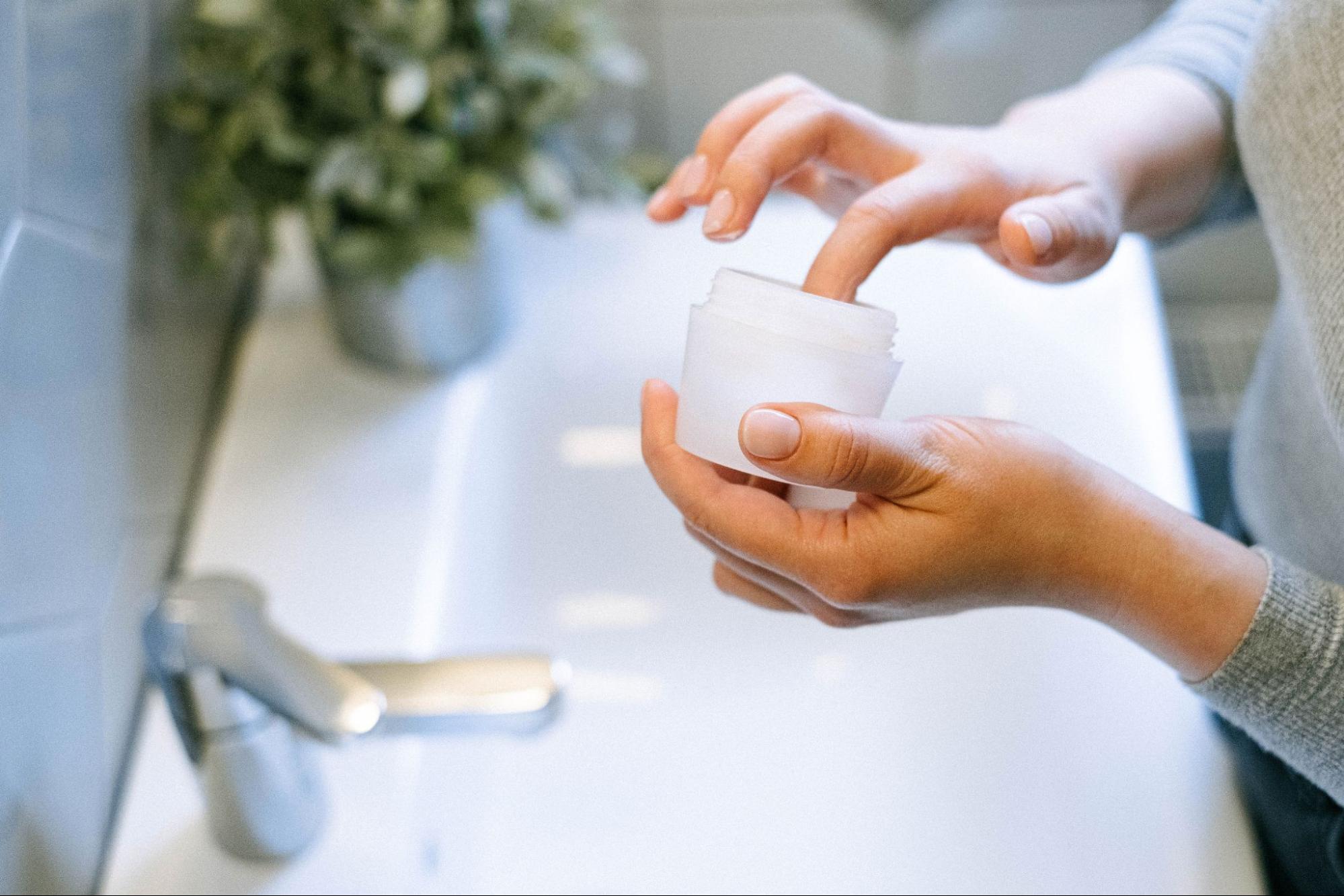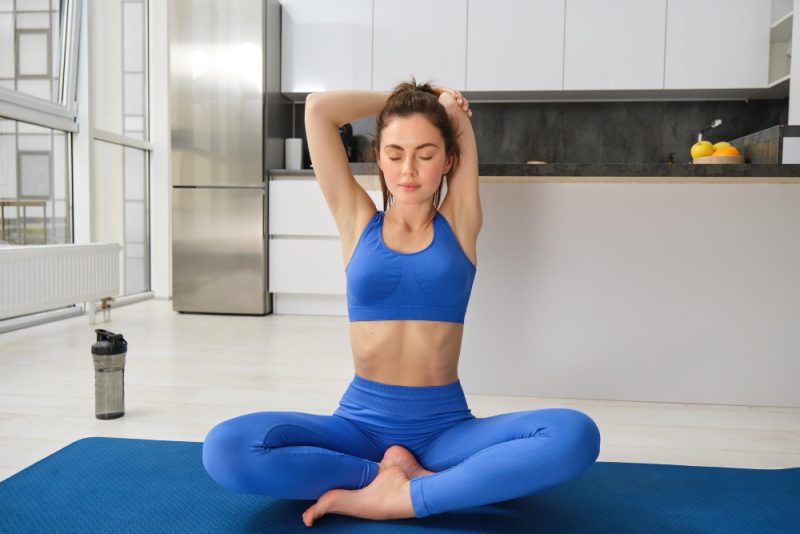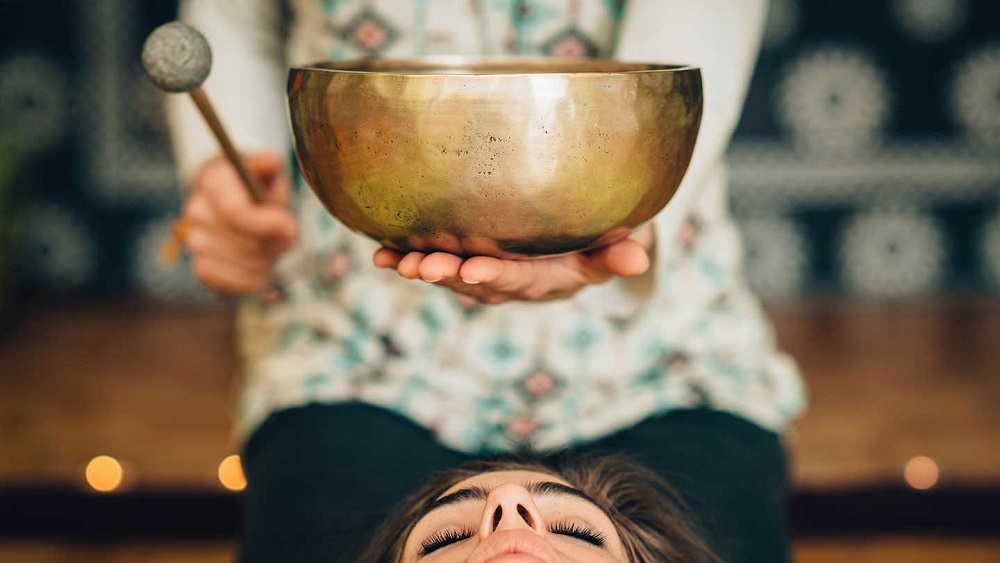There is nothing worse than waking up one morning to realize that your dark circles are even more prominent than ever before. You try every trick in the book—from concealers to cold cucumbers, some might even consider getting a non-surgical cosmetic procedure but do you ever stop to think about the truth behind this hyperpigmentation?
Healthline explains that dark circles are based on one’s genetics and while some people are more prone to developing dark circles than others, they can be treated with the right method.

Pexels | No one likes dark circles - who wants to look like a raccoon?
Sleeping Through the Dark Circles
You may have often heard your elders say that for your dark circles, your sleep pattern is to blame. According to Marina Peredo, a dermatologist and associate clinical professor at The Strategist, the skin around your eye area is quite delicate. In fact, she goes on to state that it is the area of the body with the thinnest skin.
Because of its thin and delicate nature, the skin around this area is more prone to getting fatigued and damaged when compared to the rest of the human body. This is what causes you to get dark circles so easily and with the slightest change in your routine such as not drinking enough water, getting adequate rest, or increasing your caffeine intake.

Pexels | A skincare routine can only do so much
Here’s How Sleeping Helps
Healthline explains that a healthy and sustained sleep schedule can have a great impact on your outlook. It is reported that the slightest change in the sleeping pattern, such as sleeping an hour late, can have an impact on your skin and may even cause changes to your complexion.
The science behind this is that once you start sleeping late or not getting enough rest, your body starts to produce cortisol, which is a stress hormone. This hormone slips into the bloodstream and speeds up the pumping process, which subsequently results in the blood vessels expanding in size. Because of the fact that the skin around the eye is quite thin, this increased size of blood vessels shows up as dark circles.

Pexels | It’s time to fix your nightly routine for the better
You should note that there are several other reasons that are also responsible for dark circles, such as smoking, increased sun exposure, and a lack of protein in your diet. However, sleep deprivation is by far the most common cause.
Final verdict: getting proper sleep is ESSENTIAL if you want to avoid dark circles.















